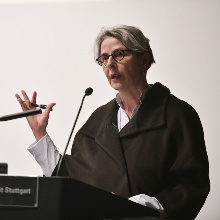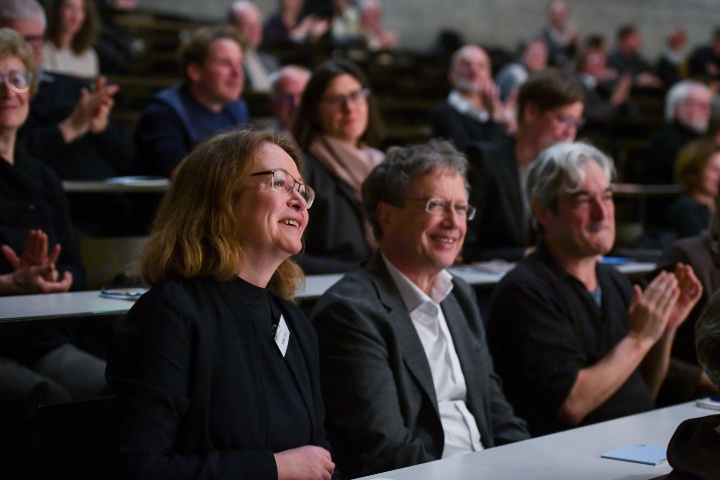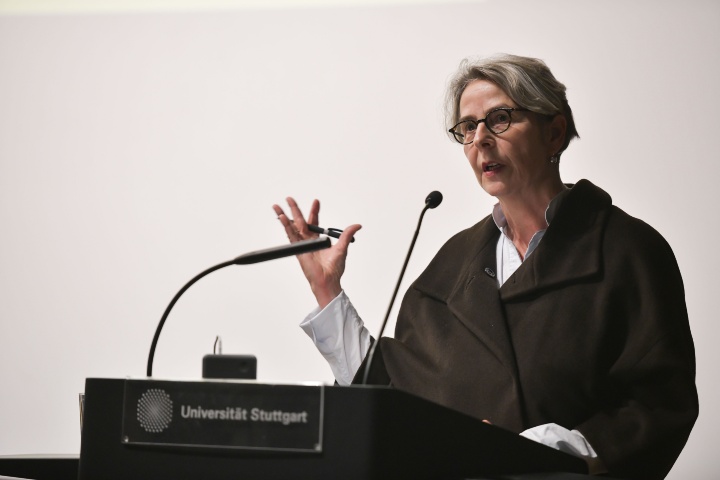The IZKT is regarded as one of the flagships for science communication, public engagement, and public understanding of science in the German university landscape. The team has now celebrated its 20th anniversary together with its partners from science, business, and politics as well as stakeholders from Stuttgart’s urban society, and high-ranking guests.

Mission accomplished with great enthusiasm
Bringing together disciplines and perspectives, seeing the bigger picture, reflecting on current developments, demonstrating the courage to speculate and experiment, building bridges between faculties and society, providing orientation, and shaping the future – locally and with people: Since its foundation in 2002, the IZKT has grown with its responsibilities. For Professor Wolfram Ressel, Rector of the University of Stuttgart, the Board of Directors and team, together with their many cooperation partners and sponsors, are enthusiastically carrying out their mission and helping to find solutions to the current problems facing humanity. “A lively civil society and the free exchange of arguments is now more important than ever,” said Ressel at the start of the event.
Science in dialog with the public
“Science in dialog: That is our goal,” said Professor Reinhold Bauer, Chair of the IZKT Board of Directors, in his welcoming address. He recounted the history of the IZKT from its beginnings “when the Internet was still in its infancy and people were sitting in front of cathode ray tube monitors” to the present day in which digitalization and artificial intelligence are penetrating every pore of society. Bauer cited an impressive list of figures: Over the past two decades, the IZKT has organized almost 1,000 events, including 68 conferences, 33 workshops, 20 lecture series, 14 graduate colloquia, 148 individual lectures, 94 podiums, 21 exhibitions, and 11 teaching and learning labs, thereby promoting a fundamental discourse between culture, technology, and science “in dialog with the public”.
Science communication is reaching its limits
In her keynote speech, Professor Julika Griem, Director of the Institute for Advanced Study in the Humanities Essen (KWI), shed light on why modern science communication is reaching its limits in the face of rising expectations from politics, business, and society on the one hand and scientific skepticism and populism on the other. How do you resolve conflicting goals? How do you open the ivory tower and create protected spaces for research? How can the “third mission” (i.e. the transfer of technologies and knowledge from universities to society) be accomplished in harmony with the interests of research and teaching? How can science remain neutral yet fulfill its social responsibility? The literary and cultural scholar then discussed these questions with Torsten Hoffman, Professor of Modern German Literature at the University of Stuttgart. Her conclusion: People can not be made aware of science communication early enough. However, it should also not be seen as a silver bullet “to deal with the serious and persistent problems of our contemporary societies”.




